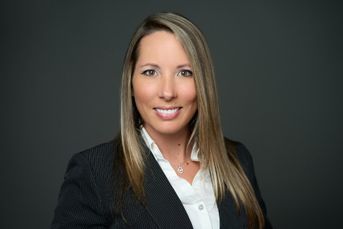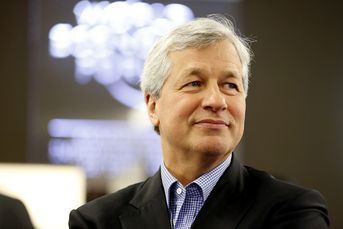Industry should reflect on pace of change

Advisory teams that can relate to our changing demographics not only makes sense socially but also from a business standpoint.
The irony was almost too much. The women architects of smash-hit feminist movie Barbie missed out on Oscar nominations, only for its male supporting actor to bag an awards nod. Cue outrage. Proof, if any were needed, that the DEI conversation is alive and kicking, but real action is lagging.
The entertainment world is, of course, not known for its pace of change in addressing inequality – take the pay disparity between top male and female stars, for example – but it looks speedy compared to the financial advisory industry.
InvestmentNews research revealed that as of 2023, only 30 percent of lead advisors in the US were women. More stark data reported in 2021 in a Cerulli survey in partnership with the Investment Adviser Association showed that although 25 percent of the US identifies as Black, Indigenous, and other people of color (BIPOC), only 3.8 percent of RIAs identify as Hispanic or Latino, while 2.6 percent identify as Black or African American and 2.1 percent as Asian.
For RIAs looking to grow, Lazetta Rainey Braxton, co-CEO of 2050 Wealth Partner, addresses the issue of diversity at your company incisively: “If you don’t want to put all your eggs in one basket [in a portfolio], why in the world would the profession want to put all their eggs in white men?” She believes DEI is less about acronyms and more about a business strategy that allows talent – and your bottom line – to flourish.
So why is change so slow in our industry? Its white-male image is often unwelcoming, and the Cerulli survey outlines other barriers, like lack of training, biased recruitment, work-life imbalance for women, and lack of familiarity with the profession. The country’s wealth is still predominantly white, a trend even more pronounced at the corporate equity level.
This suggests many companies are paying lip service to DEI. What are advisory firms really doing to address those barriers to entry? Beyond a spurt of activity in response to a George Floyd-like atrocity, do they have a plan? Do they have in-house DEI teams? Have they established talent pipelines to attract talented minorities and future executives? Is the boardroom holding itself accountable to its DEI goals?
Braxton says she works only with people who are “earnest” about effecting change. Do firms really believe in it or are they following the latest trends?
The world is also changing. From 2019 to 2022, the level of wealth went up more than 61 percent for Black households and 47 percent for Hispanic households. The increase in the level of wealth among women has been well documented.
Of course, these issues are reflective of broader society, not just one industry. But an advisory team that can relate to our changing demographics not only makes sense from a social equity standpoint but makes perfect business sense as well.
Learn more about reprints and licensing for this article.







